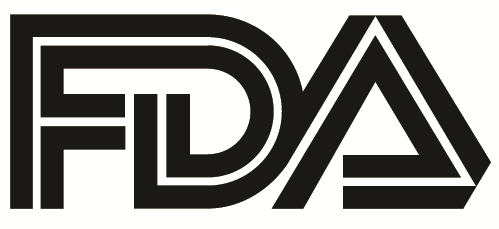Article
Rheumatoid Arthritis Treatment Wins FDA Approval
Author(s):
Sarilumab would be able to treat adult patients with moderately-to-severely active rheumatoid arthritis who cannot tolerate one or more disease modifying antirheumatic drugs like methotrexate.

The US Food and Drug Administration (FDA) granted approval for sarilumab (Kevzara/ Sanofi, Regeneron) to treat adult patients with moderately-to-severely active rheumatoid arthritis who cannot tolerate one or more disease modifying antirheumatic drugs (DMARDs) like methotrexate (MTX).
The human monoclonal antibody, sarilumab, specifically works by binding to the interleukin-6 receptor (IL-6R) and inhibiting the “mediated signaling”.
Sarilumab’s approval was based on data from two pivotal phase III clinical trials of approximately 2900 adults with moderately-to-severely active rheumatoid arthritis that experienced “inadequate responses to previous treatment regimens”.
In both trials, sarilumab plus background DMARDs demonstrated statistically significant improvements in the patient cohort.
In the MOBILITY study, treatment with sarilumab combined with methotrexate reduced signs and symptoms, improved physical function, and demonstrated significantly less radiographic progression of structural damage, compared to placebo with methotrexate.
Results from the TARGET study indicated that treatment with sarilumab plus DMARD reduced signs and symptoms and improved physical function compared with placebo plus DMARD.
Researchers noted that sarilumab can be used as monotherapy, combined with MTX, or combined with other convention DMARDS. Experts’ recommended subcutaneous dosage of sarilumab is 200mg once ever two weeks — it can be self-administered.
The research team did point out that the dosage could be reduced from 200 to 150mg once every two weeks, if necessary, to manage certain laboratory abnormalities like neutropenia, thrombocytopenia, and liver enzyme elevations.
According to results, the most commonly reported adverse reactions of sarilumab were neutropenia, increased alanine aminotransferase, injection site erythema, upper respiratory infections, and urinary tract infections.
Officials stated in the press release that the US Wholesale Acquisition Cost (WAC) of sarilumab is $39,000/year for the 200mg and 150mg doses and is approximately 30% lower than the WAC for the 2 most widely used TNF-alpha inhibitors. “Actual costs to patients, payers, and health systems are anticipated to be lower as WAC does not reflect discounts, rebates, or copay support.”




